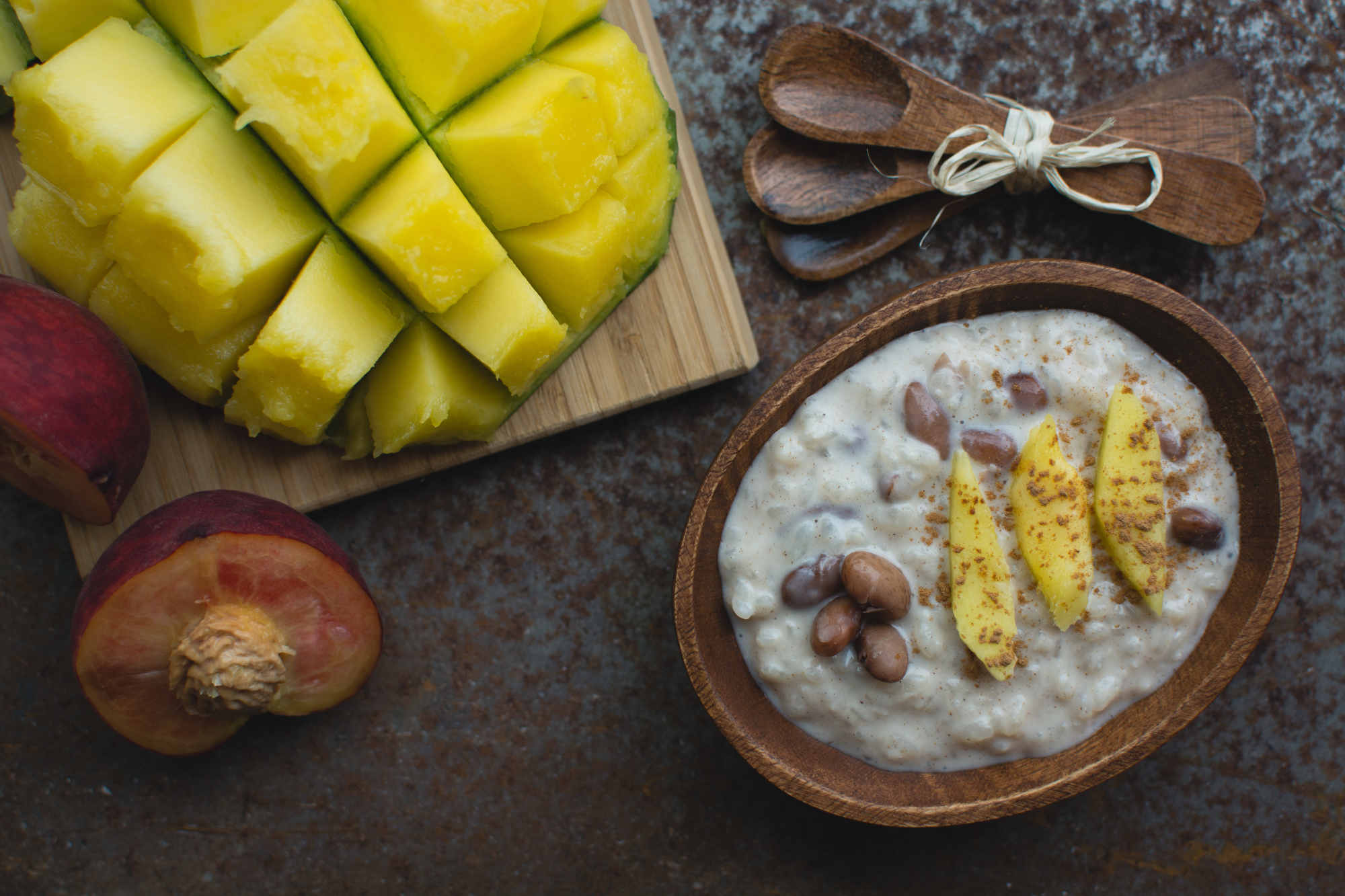A few days ago, I decided to start tracking various aspects of my body. Specifically, I’m logging the following metrics:
- Sleep quality
- Calories and nutritional information of everything that I eat
- Amount of water consumed
- Weight
- Heart Rate
- Calories burned
- Steps and distance
Why am I tracking my body?
I’ve been interested in learning more about my body for a while now, but I was never sure how to proceed. Luckily, Anand Sharma’s work on AprilZero showed me that it is possible to use today’s technology to create a compelling picture of your health, and the upcoming iOS 8 Health app promises to organize and catalog the data that I’m logging for use in the near future.
In addition to the reasons above:
- I’ve never studied biology in depth, so my own body is a mystery to me. I want to understand how it works.
- I want to be able to answer some simple, but important questions, such as:
- Am I getting enough nutrients in my daily diet?
- How healthy/unhealthy is a traditional south asian diet?
- Do I drink enough water every day? Do I consume too much sugar? Too little protein?
- What’s the proportion of carbs/fat/protein in my diet? Is this proportion healthy?
- Am I exercising enough? Too much? Too little?
- How often do I eat out?
It’s pretty easy to provide a qualitative answer for the questions above over a short period of time, but by tracking consistently over a period of months, I believe that I’ll be able to see some trends that would otherwise be invisible.
Its more about understanding and less about optimizing.
Importantly, I’m not going on a diet or trying to be healthier than I normally am. I’m just doing it to better understand what makes my body tick. Of course, as I analyze the data, I’ll try and take steps to make myself healthier, but that’s not my goal.
As an example, since I started doing this, I learned that I generally drink only 5 glasses of water a day, so I’m starting to increase my water consumption to 8 glasses.
By the way, this all might fail.
Now, given that I have just started tracking these things, this may all go horribly wrong since it can be a pretty manual and laborious process. That’s actually why I decided to write this post. Hopefully, by having this out in the open, I’ll be incentivized to follow through with this goal. I expect to have some useful data that I can analyze in 45-60 days, but I intend to make tracking a part of my daily habit. It’s been a week and I’ve already gotten used to it.
How am I tracking my body?
So, how am I doing all this? Well, I’m using a variety of apps along with my FitBit Flex. It was important to choose apps that let me export data, so I can manipulate it in interesting ways. Here’s what I’m using:
Sleep Quality
I track sleep quality using the Sleep Cycle iOS app. It tracks your sleep patterns and presents it in a nice graphical format, and also doubles as my alarm clock. Importantly, all the data within the app can be exported.

Nutritional Info + Water Intake
For nutritional information, I rely on the MyFitnessPal app. When it came to logging the food that I eat, I wanted to not only log the calories, but also log the nutritional information within the food. MyFitnessPal has the largest food database that I know of, and it syncs well with the FitBit app. I literally store everything I eat in here, down to the last spoon of Nutella. I also use this app to log my daily water consumption.

Weight + Heart Rate
I track my weight and heart rate on the Withings Health Mate iOS app (thanks to Anand Sharma for suggesting this). It allows me to track my heart rate using the iPhone Camera, and is pretty accurate. It’s important to measure weight and heart rate at roughly the same time every day, so I generally try to do it right after I wake up.
Down the road, I may buy the Withings Smart Body Analyzer which uses bioelectrical impedance to determine body fat percentage. If I do, I’ll start getting weight data from there.
Calories + Steps
For calories and steps, I use my trusty Fitbit Flex, which I try to keep wrapped on my wrist as much as I can. The Fitbit works better than an app like Moves since I don’t always have my phone in my pocket. Additionally, the Fitbit app presents information to answer questions such as “what time of the day have I most active”, and “how many minutes have I been active for today”. Also, Fitbit collects all this data automatically so all I have to do is to ensure that it remains charged.
The Fitbit app also has the ability to track food and water consumption but I feel like MyFitnessPal does a better job with that, and it syncs with Fitbit anyway.

That’s all I’m tracking for now, but I also hope to track body mass index (BMI), body fat percentage (BF%), strength, and eating out. I haven’t figured out the best way to do that yet, but I’ll add it to this list when I do.
Update (Sept. 17): I just bought a Digital Body Analyzer so I hope to start measuring BMI, BF% and more once it gets delivered. I originally found it here on Groupon.Just bought this Digital Body Analyzer scale. Was a bargain at $39.99. http://t.co/kNJOh6Hjmw
— Tilo (@tilomitra) September 17, 2014
I hope this post motivates other folks to take the plunge to understand their bodies better too! I’ll post an update when I have enough data to work with.

